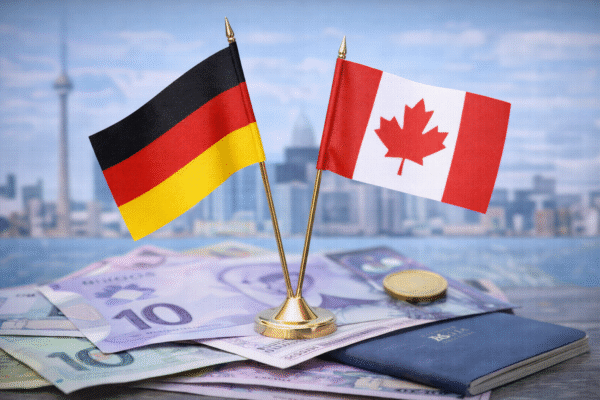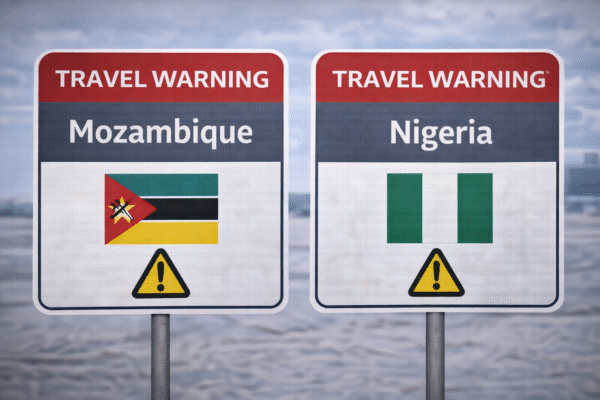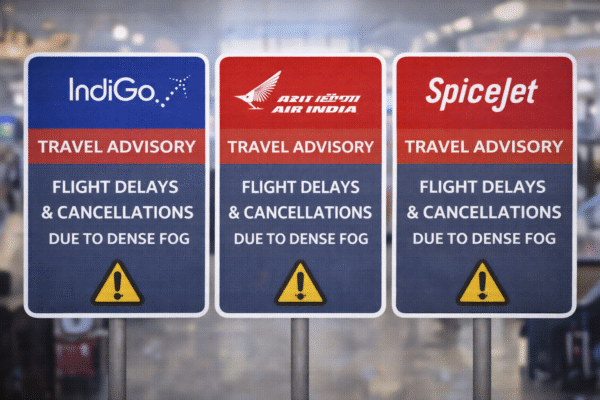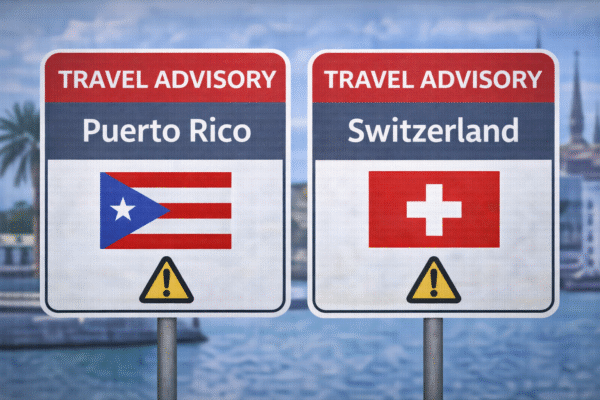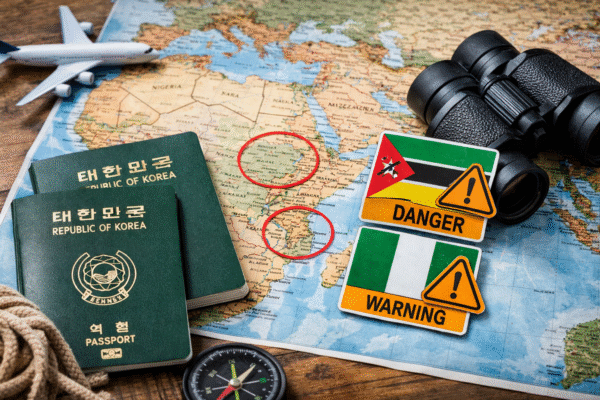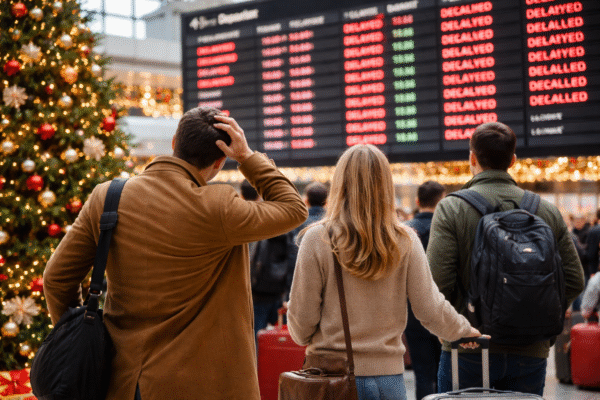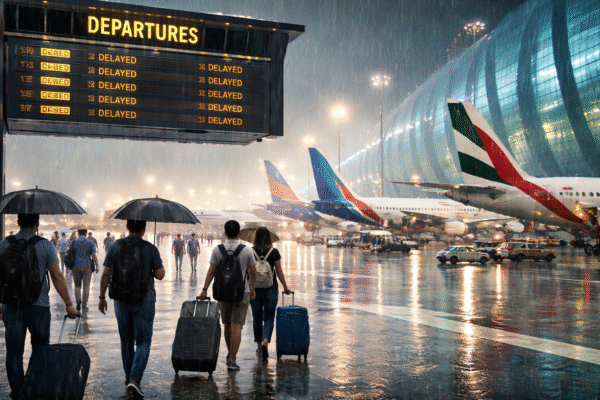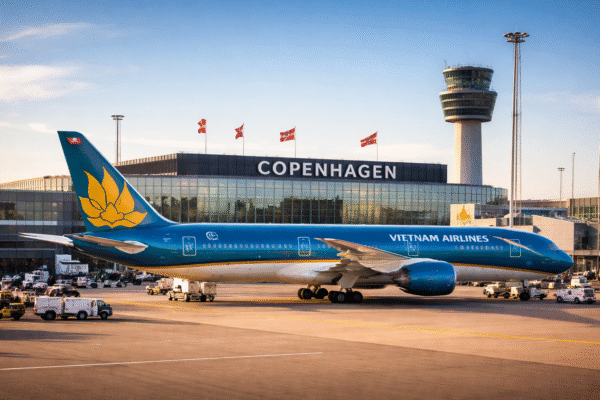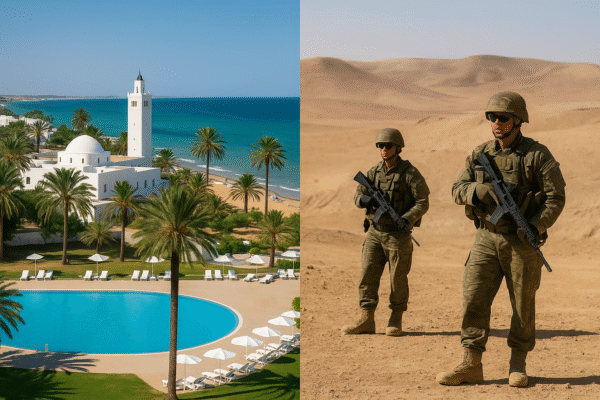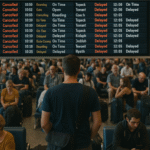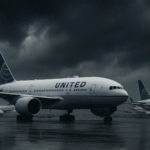Tunisia, long celebrated for its golden beaches, Mediterranean resorts, and rich cultural heritage, is once again under scrutiny as the United Kingdom and Australia update their official travel advisories. Both governments are warning citizens to reconsider travel to high-risk zones in Tunisia due to terrorism, cross-border violence, civil unrest, and the threat of kidnapping in unstable regions.
The warnings, issued in August 2025, highlight escalating risks particularly in border areas with Algeria and Libya, urging tourists to remain vigilant and avoid non-essential travel to certain governorates and military zones. These updates follow years of sporadic attacks and security operations that have shaped Tunisia’s reputation as a tourism destination.
UK Travel Advisory: High-Risk Areas to Avoid
The UK’s Foreign, Commonwealth & Development Office (FCDO) has issued a comprehensive advisory outlining multiple danger zones across Tunisia.
- Western Tunisia (Algeria Border Areas): The FCDO advises against all travel near the Algeria border, including the Chaambi Mountains National Park, Mount Salloum, Mount Sammamma, and Mount Mghila. These areas remain active military operation zones with terrorist group activity.
- Kasserine Governorate: Known for instability and extremist presence, this area is labeled unsafe except for essential travel.
- Southern Tunisia (Libya Border): The El Borma and Dhehiba areas near Libya are under strict warnings due to cross-border terrorism and armed conflict spillover. The militarised zone south of Dhehiba is strictly off-limits.
- Mount Orbata: Restricted to essential travel only, due to ongoing security concerns.
The FCDO also warns travelers to stay away from protests and large gatherings, which often turn violent without warning. Importantly, travel insurance may be invalid if tourists enter zones under a government travel ban.
Australia’s Travel Advisory: High Caution Required
Australia’s Department of Foreign Affairs has mirrored the UK’s warnings with a similar but more cautious approach. Australians are advised to exercise a high degree of caution throughout Tunisia, with additional restrictions in specific zones.
- Southern Tunisia & Libya Border: Australia strongly warns against travel within 30km of the Libyan border, citing kidnapping and terrorist threats.
- Algeria Border (Except Specific Routes): All travel within 20km of the Algerian border is discouraged, with the exception of the P7 highway, Ain Draham, and Tabarka, which remain accessible.
- Military Zones: Remote desert zones around Remada and El Borma are labeled unsafe due to military operations and instability.
Australia’s advisory also emphasizes civil unrest risks, warning that strikes, protests, and demonstrations may erupt nationwide, particularly in Tunis and other major cities.
Tunisia Tourism at a Crossroads
Tunisia’s tourism industry, a major contributor to the economy, has faced repeated challenges in the past decade. Iconic coastal resorts like Hammamet, Sousse, and Djerba still attract international visitors, but inland and border areas remain under strain due to terrorism and instability.
High-profile incidents, such as the 2015 Bardo Museum and Sousse beach attacks, caused a steep drop in European tourism. Although Tunisia has improved security in major resorts, ongoing border instability and militant activity have slowed full recovery.
Despite the risks, Tunisia continues to be promoted for its cultural richness, historic medinas, Roman ruins in Carthage, and desert excursions in the Sahara. However, both UK and Australian governments stress that only specific areas are safe for leisure travel.
Safety and Security Tips for Travelers
For those planning trips to Tunisia, experts recommend taking strict precautions to reduce risks:
- Stay Informed: Regularly monitor updates from embassies, local news, and security bulletins.
- Avoid High-Risk Areas: Do not travel near the Algeria or Libya borders, or any designated military zones.
- Travel Insurance: Purchase comprehensive travel insurance that covers terrorism, civil unrest, and medical evacuation.
- Low Profile: Avoid political gatherings, protests, or large public events.
- Emergency Preparedness: Keep embassy contact information on hand and register with consular services when entering Tunisia.
For more travel news like this, keep reading Global Travel Wire




